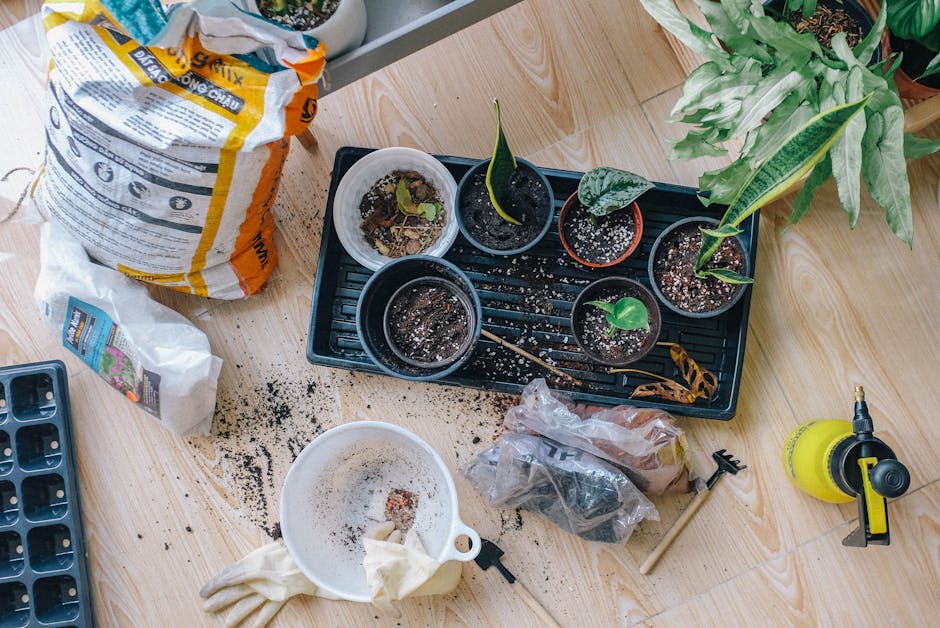As winter approaches, gardeners must prepare their gardens for the colder months ahead to ensure the health and vitality of their plants, flowers, and trees. Proper winter garden preparation is essential to protect your garden from the harsh conditions that come with the season. In this article, we will discuss some of the best tips for winter garden prep to help you maintain a beautiful and thriving garden all year round.
**Choosing the Right Plants**
One of the most important aspects of winter garden prep is choosing the right plants for your garden. Some plants are more resilient to cold temperatures and harsh weather conditions, making them ideal for winter gardens. Look for plants that are known to thrive in winter, such as winter-flowering plants like pansies, hellebores, and winter jasmine. These plants will add color and interest to your garden during the colder months and are less likely to be damaged by frost or snow.
**Protecting Your Plants**
Once you have chosen the right plants for your winter garden, it is important to protect them from the elements. Covering delicate plants with frost cloths or blankets can help insulate them from freezing temperatures and prevent frost damage. Mulching around the base of trees and shrubs can also help protect their roots from freezing and provide them with added insulation. Be sure to remove any fallen leaves or debris from your garden to prevent pests and diseases from taking hold during the winter months.
**Pruning and Maintenance**
Winter is a great time to prune your trees and shrubs to remove any dead or damaged branches and promote healthy growth in the spring. Pruning during the dormant season can help improve the overall health and appearance of your plants and prevent them from becoming overgrown. Be sure to use sharp, clean tools when pruning to avoid damaging your plants. In addition to pruning, winter is also a good time to perform general maintenance tasks in your garden, such as cleaning and sharpening your tools, repairing any damaged structures, and checking for signs of pests or diseases.
**Watering and Feeding**
Even though plants are not actively growing during the winter months, they still need water to survive. Be sure to water your plants regularly, especially during dry spells or when the ground is frozen. Avoid watering plants in the evening, as this can promote the growth of mold and mildew. In addition to watering, it is important to feed your plants with a balanced fertilizer to provide them with the nutrients they need to stay healthy and strong during the winter months.
**Creating Winter Interest**
While many plants go dormant during the winter months, there are still plenty of ways to create interest and beauty in your garden. Consider adding evergreen plants, ornamental grasses, and winter-blooming flowers to your garden to add color and texture. You can also incorporate hardscaping elements, such as statues, birdbaths, and garden ornaments, to create visual interest in your garden during the winter months. By adding these elements, you can create a winter garden that is both beautiful and inviting.
In conclusion, preparing your garden for winter is essential to ensure the health and vitality of your plants, flowers, and trees. By following these best tips for winter garden prep, you can protect your garden from the harsh conditions of the season and create a beautiful and thriving garden that will bring you joy all year round. With proper care and attention, your garden will survive the winter months and emerge stronger and more beautiful in the spring.

